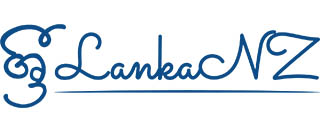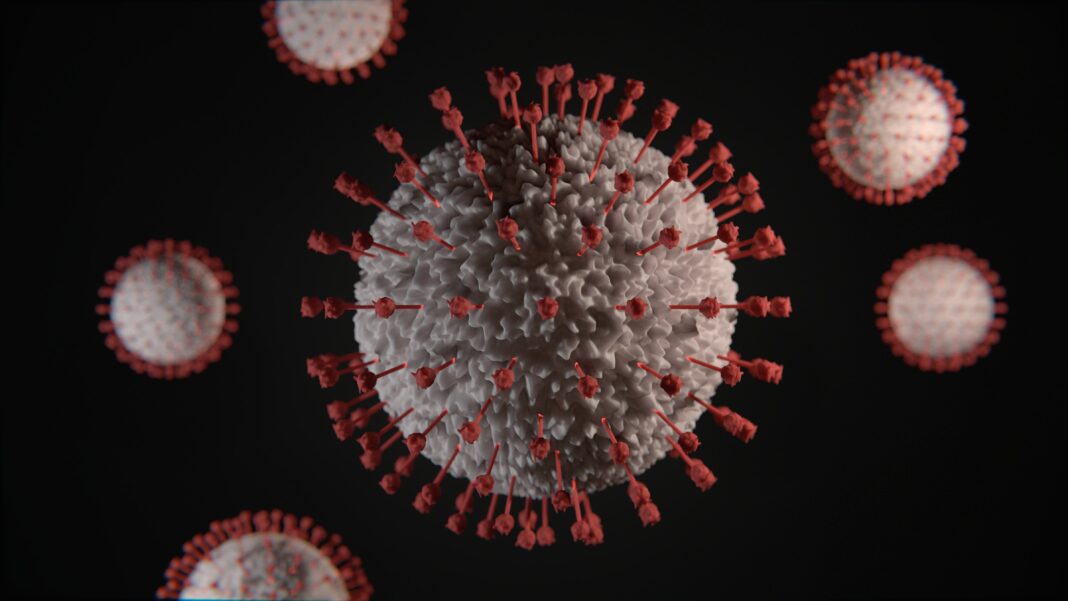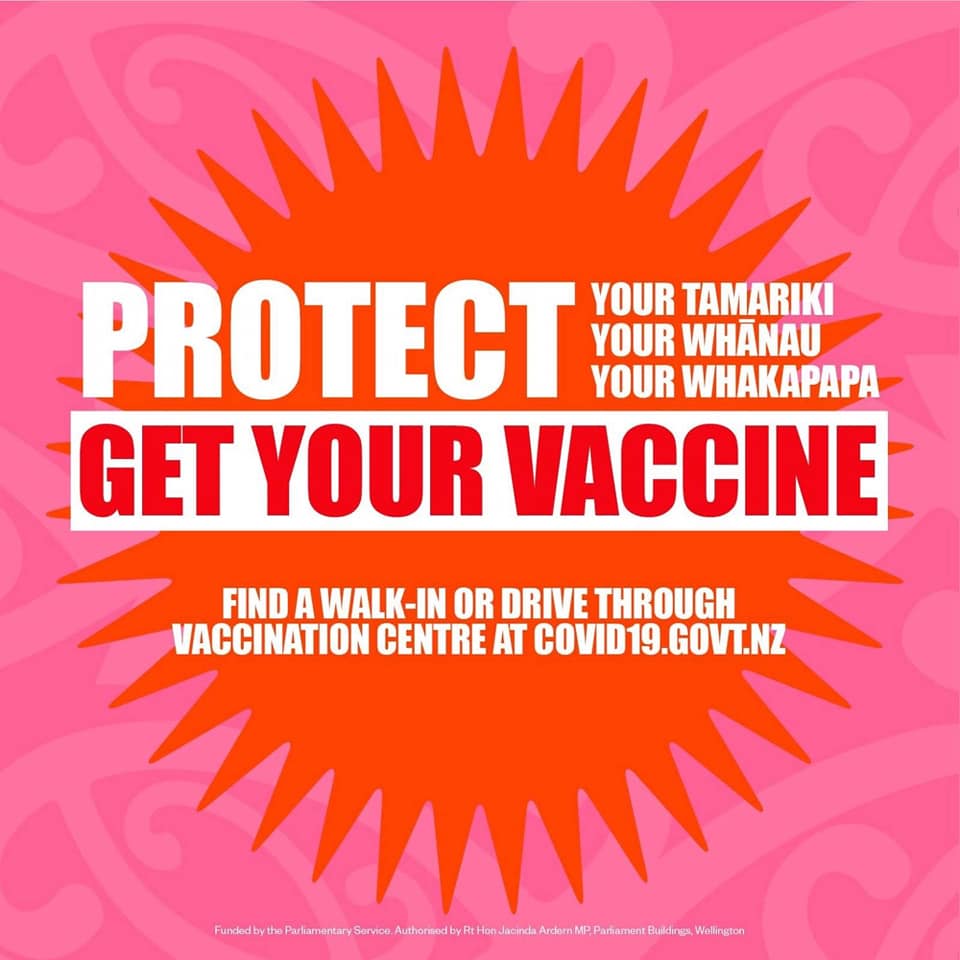With Omicron cases emerging from managed isolation facilities in New Zealand, it feels like this is the best time to know more about this new coronavirus variant.
What is the Omicron variant?
Omicron (also called B.1.1.529) is another strain of the Covid-19 virus that was first detected in South Africa on November 9th and was reported to the World Health Organization on November 24th. There is no precise indication that the variant originated in South Africa, that is just the place where it was first detected.
According to WHO, initial research on the virus suggests that this new variant which has many mutations in its spike protein raises an increased risk of reinfection.
“This variant has been detected at faster rates than previous surges in infection, suggesting that this variant may have a growth advantage,”
World Health Organization
What are the symptoms of the Omicron variant?
According to WHO, there is no specific information to suggest that Omicron has different symptoms than other Covid-19 strains. However, the Center for Disease Control and Prevention report found that most patients with Omicron had symptoms like cough, fatigue, congestion and runny nose.
Does Omicron spread faster than other variants?
Current evidence suggests that Omicron spreads faster than other variants, even faster than Delta which until now was the fastest spreading variant yet found. In South Africa where Omicron was first identified, the variant gradually dominated one province after another very rapidly. It was the same in other countries as well. Omicron cases are doubling every two or three days. Researchers are still looking into the cause of this rapid spread.
How effective are vaccines and boosters against the new variant?
According to WHO, experts are still looking into the efficacy of current vaccines against the Omicron variant. However, still, vaccines remain critical to reducing the severity of the disease and death rates.
Early epidemiological studies have suggested that people who had a booster shot displayed higher levels of antibodies that can do a better job fighting Omicron.
“If you are fully vaccinated and you’ve received your booster shot, your degree of protection is extraordinarily high,” Thomas Russo, chief of infectious disease at the University at Buffalo
Recommended actions for people
World Health Organization advises people to maintain a physical distance of at least 1 metre from others, wear a well-fitted mask, keep hands clean, get vaccinated, improve ventilation indoors and avoid crowded spaces.
You can access more information on WHO’s website: https://www.who.int/news/item/28-11-2021-update-on-omicron








